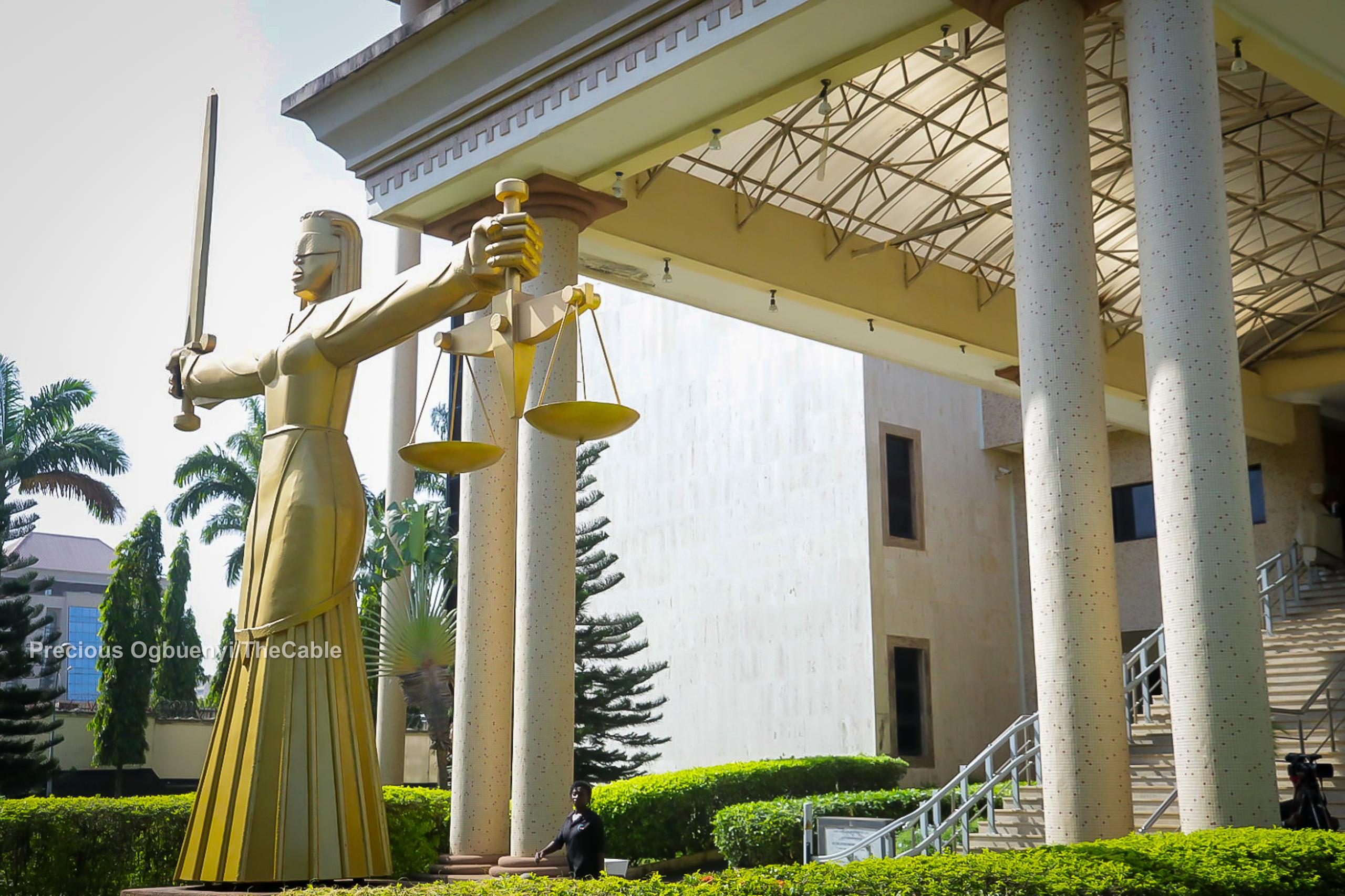Network Disrupts Calls, Data, Subscribers Call on MTN, Airtel, Others for Solution
Legit.ng journalist Zainab Iwayemi has 5-year-experience covering the Economy, Technology, and Capital Market.
Nigerian telecommunication companies endured a difficult May, jointly registering more than 30 network failures across multiple service points, leading to significant anger among users who are now seeking improved quality of service.

Source: Getty Images
The regular outages hampered voice calls, data connectivity, and even SMS services, substantially limiting personal and corporate communications throughout the month.
Millions of customers nationwide were impacted by the disruptions, which ranged in length from a few minutes to many hours. Social media sites and customer support hotlines were inundated with complaints from irate users about missed calls, unsuccessful online purchases, and extended periods without internet connection.
For many people, especially those who rely on dependable internet for remote work, e-commerce, or digital banking, these disruptions immediately resulted in lost productivity and financial consequences.
Although the telecoms have not fully revealed the reasons behind each outage, industry observers suggest a number of variables.
These most likely include damage to infrastructure, fibre optic cable outages caused by current development, base station power supply instability, and possible network capacity or technical challenges. The sheer volume of occurrences raises concerns regarding the robustness and upkeep of the current telecommunications infrastructure in a single month.
“The frequency of these disruptions in May is particularly alarming,” stated Afolabi Yewande, a telecommunications consumer based in Lagos. “It points to systemic vulnerabilities that need urgent attention. Businesses, especially those reliant on digital transactions and cloud services, are taking significant hits, and ordinary citizens are increasingly inconvenienced.”
According to reports, the industry watchdog, the Nigerian Communications Commission (NCC), is interacting with network providers to determine the full scope of the damage and to pressure them to take stronger precautions. According to NCC sources, a thorough evaluation of network resilience tactics is in progress, with an emphasis on enhancing infrastructure security and ensuring sufficient backup power options.
Due primarily to fibre outages and power problems in places like Lagos, Rivers, Ogun, and the Federal Capital Territory, Globacom, the third-largest operator, recorded the most incidents in May—13. Eleven occurrences were reported by 9mobile, mostly related to technical issues and power outages.
The biggest operators, MTN and Airtel, reported five and four incidents, respectively. MTN’s disruptions were traced to fibre damage in Benue, Imo, and Akwa Ibom states, while Airtel cited service interruptions in Bayelsa and Abia due to vandalism and power-related failures.
Although they acknowledge the difficulties, network operators frequently highlight the challenging operating environment, which includes the high cost of diesel for generators, the widespread vandalism of infrastructure, and the sluggish permission process for right-of-way fibre development.
They place a strong emphasis on continued investments in network resilience and growth, such as the installation of backup power sources and heightened security for vital infrastructure.
Tobechukwu Okigbo, the Chief Corporate Services and Sustainability Officer for MTN Nigeria, informed stakeholders who recently convened in Lagos to examine the 22-year-old communications act that operators incur substantial losses for each instance of network outage.
He clarified that, in addition to disrupting services, outages caused by fibre cuts, power outages, and infrastructure vandalism also place a significant financial strain on operators.
President Bola Ahmed Tinubu signed the "Designation and Protection of Critical National Information Infrastructure Order, 2024" executive order on June 24, 2024, in an effort to improve infrastructure protection.

Source: Getty Images
According to the ruling, some Nigerian networks, infrastructure, and information and communications technology systems are legally considered important national assets.
Telecom executives are advocating for a Fibre Protection Framework to handle the ongoing crisis. This framework would centralise regulation, allow for real-time monitoring, and impose severe penalties on individuals who cause damage to fibre infrastructure.
Legit.ng reported that Telecom customers are requesting a probe into what they refer to as inexplicable data consumption through emails and direct messages sent to the Federal Competition and Consumer Protection Commission and the Nigerian Communications Commission.
Operators maintain that there is no way to cut down on customers' data usage, claiming that user behavior—specifically, the transition from 3G and 4G to 5G and the rise in video streaming habits—is to blame for the rising consumption.
The dispute arose after the Federal Ministry of Communications, Innovation, and Digital Economy was encouraged by the Nigerian Senate to work with operators to evaluate data and internet-related service costs.
PAY ATTENTION: Сheck out news that is picked exactly for YOU ➡️ find the “Recommended for you” block on the home page and enjoy!
Source: Legit.ng













